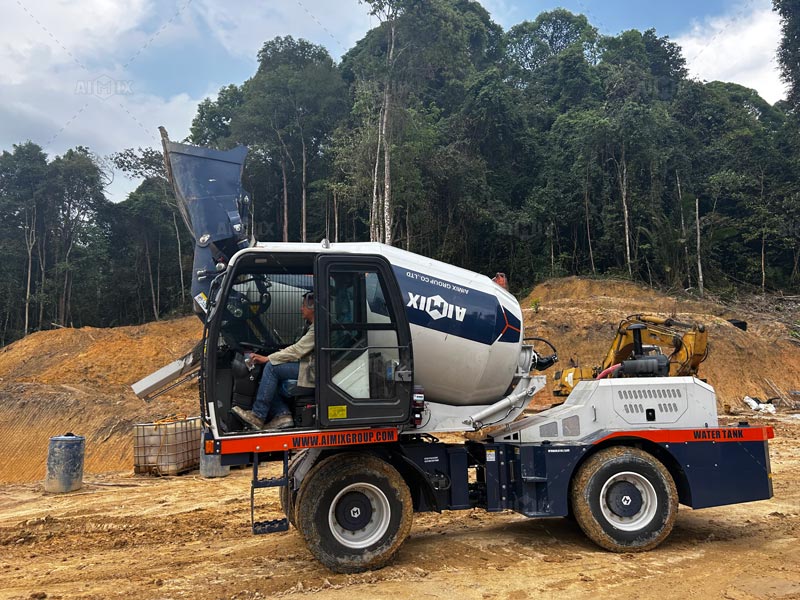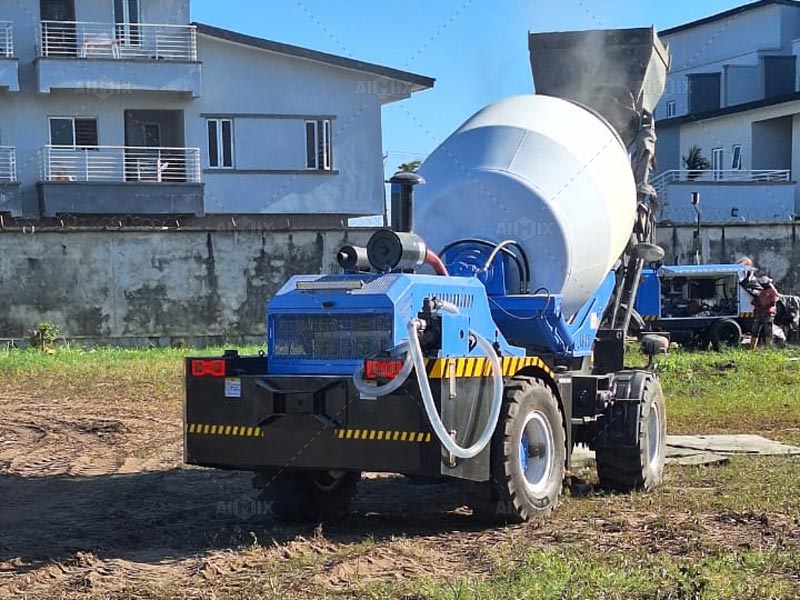Concrete mixers play a crucial role in Africa’s affordable housing projects. They enhance construction efficiency and reduce costs. Understanding their impact helps stakeholders maximize resources and support growth.
The Role of Concrete Mixers in Affordable Housing
Concrete mixers streamline construction processes. They enable faster completion of housing projects. This efficiency is vital for meeting Africa’s growing housing demands.

Speed and Efficiency
Mixers accelerate construction timelines. Builders complete projects quicker, reducing labor costs. Timely delivery supports housing initiatives and community needs.
Cost Reduction
Efficient mixers minimize material wastage. Builders save on costs and resources. Affordable housing becomes more feasible with reduced expenses.
Self-Loading Concrete Mixers: A Key Asset
Self-loading concrete mixers offer automation and versatility. This concrete self loading mixer is ideal for diverse housing projects. Builders benefit from enhanced precision and adaptability.
Automation Benefits
Self-loading mixers automate mixing and loading. Builders achieve consistent results with minimal manual intervention. Automation enhances productivity and project success.
Adaptability to Various Projects
These mixers adapt to different construction needs. Builders use them for both small and large-scale projects. Their versatility supports varied housing requirements.

Mobile Concrete Mixers: Meeting On-Site Needs
Mobile mixers offer flexibility and convenience. They are perfect for remote and urban projects. Builders can easily transport mobile concrete mixer to different sites.
Flexibility in Operations
Mobile mixers provide on-site mixing solutions. Builders can adjust mix ratios as needed. This flexibility ensures optimal results and project efficiency.
Convenience in Transportation
Mobile mixers are easy to move between sites. Builders save time and resources on transportation. This convenience supports timely project delivery.
Concrete Mixer Price in Kenya: Economic Considerations
Pricing is a critical factor for builders in Kenya. Concrete mixer price in Kenya varies based on features and technology. Understanding these dynamics helps builders make informed decisions.

Factors Influencing Prices
Technology and brand affect mixer prices. Builders must evaluate cost and benefits. Strategic purchasing ensures better returns on investment.
Balancing Budget and Quality
Investing in quality mixers enhances project outcomes. Builders should prioritize long-term value over initial costs. This balance supports economic efficiency.
Concrete Mixer Price in Nigeria: Market Implications
The loacal market presents unique dynamics of the concrete mixer price in Nigeria. Mixer costs vary based on local demand and construction trends. Builders need to understand these factors for strategic planning.
Local Demand and Pricing Trends
Urbanization drives mixer demand in Nigeria. Manufacturers respond with tailored solutions. Understanding market trends aids cost-effective purchasing.
Evaluating Long-Term Value
Builders should assess the long-term value of mixers. Durable models reduce maintenance costs. This approach ensures sustainable growth and competitiveness.
Impact on Affordable Housing Initiatives
Concrete mixers significantly impact affordable housing projects. Their efficiency and adaptability enhance construction quality and speed. Understanding this impact supports strategic planning.
Supporting Community Development
Mixers enable rapid housing development. They support the creation of safe and affordable homes. This growth boosts community welfare and economic development.
Job Creation and Skills Enhancement
Mixers contribute to job creation and skill development. Builders require skilled personnel for operations. This demand supports workforce growth and economic contributions.
Conclusion
Concrete mixers are essential for African affordable housing initiatives. By prioritizing self-loading and mobile mixers, evaluating pricing dynamics, and embracing technological advancements, builders can navigate the evolving landscape. Implementing strategies like research, training, and innovation supports sustainable growth and competitive advantage. These practices contribute to efficient operations and successful project outcomes in Africa’s vibrant housing sector.